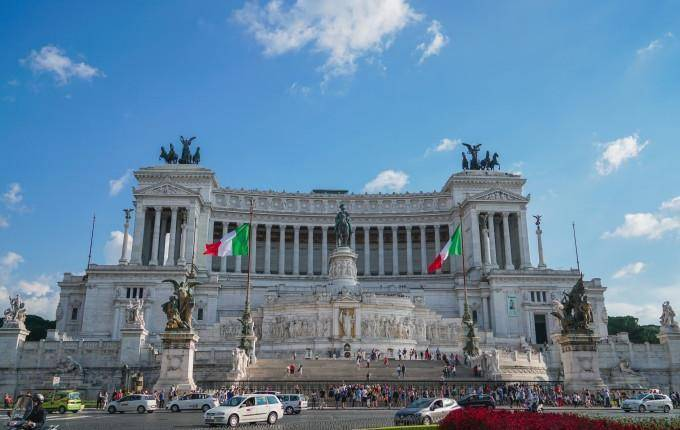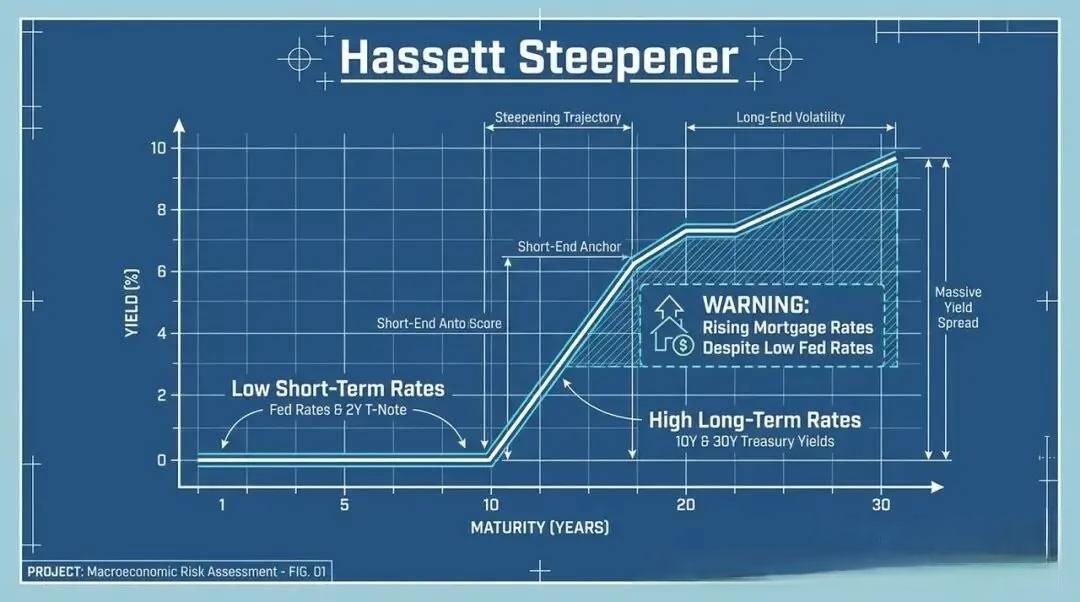
At present, Germany's economy has stagnated, in contrast to the sustained growth of Italy's economy. It is worth noting that there is little correlation between the post pandemic economic recovery and the country's economic policies. On the contrary, everything seems to be related to subsidies and new debt. Although Italy was accustomed to predicting high growth rates and holding high debt in the years leading up to the outbreak of the pandemic, the country is currently rapidly becoming a growth engine for Europe.
Firstly, according to the latest data, the Italian economy grew by 0.6% in the previous quarter, while the German economy shrank by 0.3% during the same period. In addition to this brief three-month snapshot, other data also show strong performance from Europe's third-largest economy. Jorge Kramer, Chief Economist of Deutsche Bank, said in an interview with Deutsche Welle that "since 2019, the Italian economy has grown by 3.8%." This growth rate is twice that of France and five times that of Germany. In Germany, the economic outlook is indeed not optimistic. The Organization for Economic Cooperation and Development predicts that Germany's economic growth rate this year will only be 0.3%, while authoritative experts within Germany are more conservative, predicting a growth rate of only 0.1%.
On the other hand, according to data from the OECD, the Italian economy is expected to grow by 0.7% this year. The Italian stock market has also been influenced by optimistic sentiment as a result. The FTSE MIB benchmark index, composed of 40 large companies, rose by about 28% last year, surpassing any other European stock market index. Therefore, Italy is expected to achieve more growth.
During this process, it is worth mentioning that when Georgia Melloni took office as the Prime Minister of Italy in October 2022, economists initially reacted very cautiously. During the election, Meloni and his Italian Brotherhood proposed a nationalist "Made in Italy" economic policy, emphasizing opposition to immigration, but did not make a clear statement on their relationship with Russia. However, in terms of economic policy, Meloni has largely continued the policies of his predecessor Mario Draghi, which has at least paid off in the bond market. However, Kramer from Commerzbank in Germany pointed out that "Meloni's contribution is not significant, and the strong growth of the Italian economy is mainly attributed to Italy's loose fiscal policy." This indicates that Italy's growth is mainly dependent on new debt.
Although the new debt of the Italian government before the COVID-19 epidemic accounted for 1.5% of GDP, this proportion has been rising in recent years, reaching 8.3% of GDP by the first half of 2023. And Italy's overall debt is also constantly increasing. According to the European Commission's forecast, Italy's debt ratio will exceed 140% of GDP this year and continue to rise in 2025. In contrast, Germany's debt ratio is 66%, while France's is close to 100%.
Secondly, in order to stimulate economic growth, the Italian government has been funding various housing renovation projects since the end of 2020. In some measures, the government pays about 50% of the renovation costs, while others receive more funding. The most popular among them is the energy-saving renovation project "Superbonus 110". Through this plan, any individual who conducts energy-saving renovations to improve energy efficiency can receive full reimbursement of their expenses and can also receive a 10% refund through the tax reduction plan.
It should be emphasized that as a country with an average geographical location and limited natural resources, Italy's surrounding waters also lack valuable resources for development. Therefore, Italy cannot easily become wealthy like Egypt, which collects tolls through the Suez Canal, nor can it achieve financial freedom like Saudi Arabia, which relies on selling underground oil and gas resources. However, it is precisely in this situation that Italy continues to seek change, and its economy still maintains stable development.
In summary, Italy not only performs well in terms of economic level, but also has a sound economic system and strong strength. As an established industrial powerhouse, Italy also has a developed defense industry. Although Italy's reputation is far inferior to Germany on the current European stage, in terms of its current economic situation, Italy is expected to surpass Germany and become an economic powerhouse in Europe.

Underneath the seemingly market-friendly, growth-oriented surface of a Federal Reserve rate cut lie intricate financial logics and latent risks that demand more cautious scrutiny.
Underneath the seemingly market-friendly, growth-oriented s…
When David French, Vice President of the National Retail Fe…
The Federal Reserve faces an exceptionally contentious meet…
In December 2025, the new version of the National Security …
Recently, the controversy that has erupted within the Europ…
On the afternoon of December 8th local time, US President T…